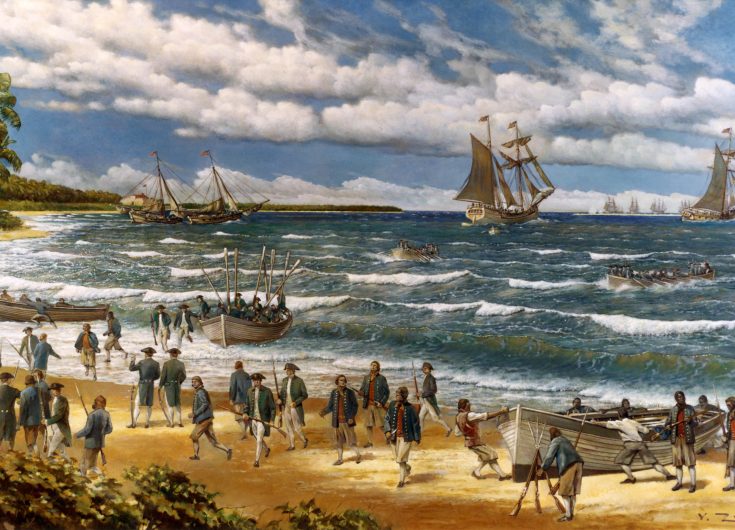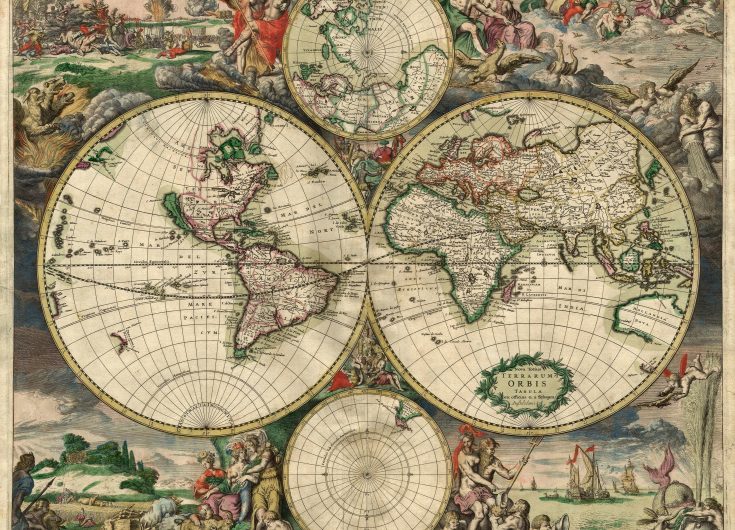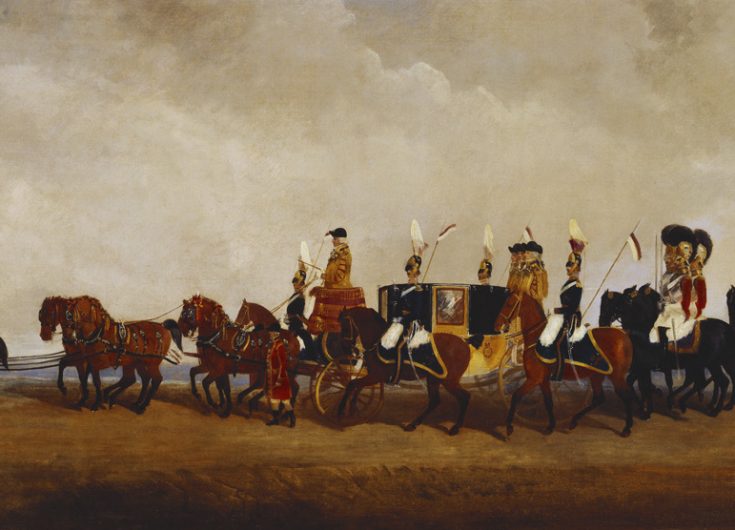

Alfred Thayer Mahan, The Interest of America in Sea Power, Present and Future (1897)
prolific writer, Mahan became one of the most famous naval and sea power prophets of the late nineteenth century. Concerned with the United States’ place in the world, Mahan wrote to influence both policymakers and common Americans. Although some of his articles and books are less resonant today, they still provide a fascinating glimpse into the state of the world of in the 1890s, shortly before the Spanish-American War, and how it was perceived by many Americans.





